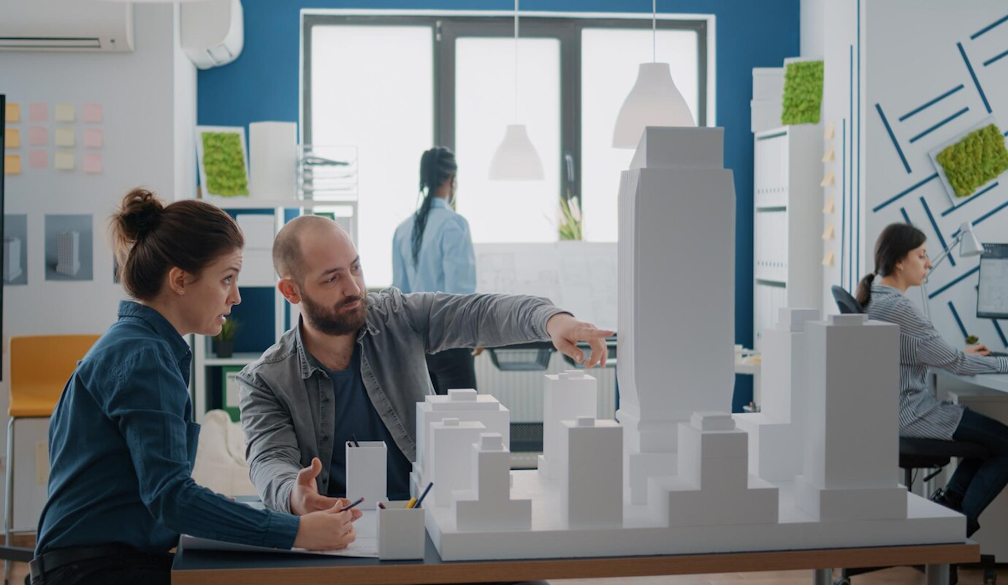How Urban Planning Influences Modern Construction Practices

Urban planning plays a pivotal role in shaping the environments we inhabit. It’s about much more than just laying out road maps and zoning areas. It encompasses the very essence of how cities function effectively, integrating environmental concerns, economic patterns, and social frameworks. As cities evolve, the influence of urban planning on modern construction practices becomes increasingly significant, especially with the integration of sophisticated tools like construction management software.
Impact of Urban Planning on Construction Practices
Urban planning determines the success of construction projects from the ground up. It starts with land-use policies that dictate what can be built and where. This guidance helps avoid haphazard development and promotes orderly growth that meets the city's long-term goals. For instance, zoning laws influence the density, height, and type of buildings allowed in certain areas, which directly affects construction methods and materials.
Moreover, urban planners work to ensure that infrastructure such as roads, water supply, and waste management systems are in place to support new developments. This foresight minimizes future costs and complications during the construction phase, allowing for smoother project execution. The integration of green spaces and public amenities is also a crucial aspect of urban planning that modern construction must consider to provide not only functionality but also quality of life for the inhabitants.
Construction Management Software: A Tool for Modern Builders
In this complex framework, construction management software emerges as a vital tool for builders. This software facilitates streamlined project management by integrating various aspects of the construction process, from design through to completion. It allows for effective communication among stakeholders, timely scheduling, budget management, and comprehensive documentation, all centralized in one platform.
The use of such software aligns perfectly with the goals of urban planning. For example, through improved scheduling capabilities, projects can adhere to strict timelines, thus minimizing disruptions in densely populated urban areas. Budget management features ensure that projects remain financially viable, which is crucial in maintaining the economic stability of urban developments.
Enhancing Sustainability and Efficiency
Urban planning increasingly prioritizes sustainability, and modern construction practices have adapted to incorporate eco-friendly materials and energy-efficient technologies. Construction management software supports these initiatives by enabling precise planning and execution. By using software for material management, builders can reduce waste and ensure that resources are used more efficiently. Moreover, energy modeling tools integrated within these platforms can help predict and optimize the energy consumption of buildings, supporting the creation of green buildings that urban planners strive for.
Collaboration and Compliance
Another significant aspect is the facilitation of collaboration. Construction management software often includes tools for real-time collaboration, which is particularly useful in urban settings where multiple projects may impact one another. Planners, architects, and builders can stay in constant communication with a greentag engineer, adjusting workflows as needed to comply with urban guidelines and policies.
Compliance with local regulations is easier to manage with software that can be updated to reflect the latest laws and standards. This ensures that construction practices are not only modern but also legally sound and aligned with broader urban development plans.
Conclusion
Urban planning is not just about creating functional spaces but also about foreseeing the future needs and challenges of urban environments. Modern construction practices, supported by tools like construction management software, are essential in executing these comprehensive plans effectively. As urban landscapes continue to grow and change, the synergy between planning and construction will dictate the sustainability and efficiency of our cities, making them better places to live for future generations.
In essence, the interplay between urban planning and modern construction, enhanced by technological tools, is crucial for the adaptive, efficient, and sustainable development of urban areas. This partnership not only supports economic growth and environmental preservation but also fosters communities that are well-integrated and thoughtfully developed. Thus, as we advance, the role of construction management software in this dynamic is not just beneficial but indispensable in realizing the vision of contemporary urban planning.







